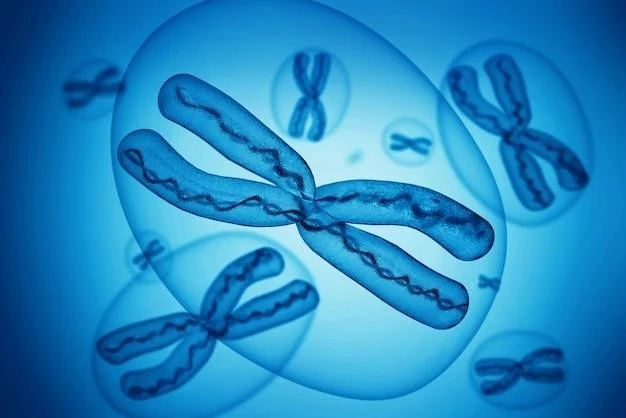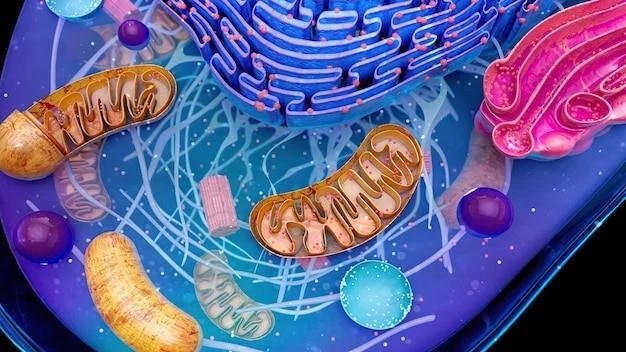Symptoms and Diagnosis of Chromosome 22 Ring Disorder
The symptoms and diagnosis process of this disorder.
Overview of Chromosome 22 Ring Disorder
Chromosome 22 ring disorder is a rare genetic condition caused by the formation of a ring-shaped chromosome 22. It can lead to various physical and developmental challenges due to missing or duplicated genetic material.
Diagnosis of Chromosome 22 Ring Syndrome
Diagnosing chromosome 22 ring syndrome involves genetic testing, such as karyotyping, FISH analysis, or chromosomal microarray, to identify the specific chromosomal abnormality. Clinical evaluation and symptoms assessment are also crucial for an accurate diagnosis.

Treatment Options for Chromosome 22 Ring Syndrome
Exploring available treatment approaches for this syndrome.
Current Treatment Approaches
The treatment of Chromosome 22 Ring Syndrome typically involves managing symptoms and providing supportive care. This may include therapies to address developmental delays, educational support, and specialized medical interventions tailored to the individual’s needs.
Multidisciplinary Care Team
Individuals with Chromosome 22 Ring Disorder benefit from a multidisciplinary care team comprising specialists such as geneticists, pediatricians, developmental therapists, and psychologists. This collaborative approach ensures comprehensive and personalized care to address the complex needs associated with the disorder.
Understanding the Genetic Causes of Chromosome 22 Ring Abnormality
Exploring the genetic basis of this rare chromosomal abnormality.
Genetic Mechanisms Behind Chromosome 22 Ring Disorder
The formation of a ring-shaped chromosome 22 typically results from chromosomal rearrangements during cell division. This structural abnormality can lead to the loss or duplication of genetic material٫ contributing to the symptoms and complexities associated with Chromosome 22 Ring Disorder.
Management of Developmental Delays in Chromosome 22 Ring Patients
Approaches to address developmental challenges in affected individuals.
Evaluation and Monitoring of Developmental Milestones
Regular assessments to track the progress of developmental milestones in Chromosome 22 Ring patients are vital for identifying delays and determining appropriate interventions. These evaluations help tailor treatment plans to meet the specific needs of each individual.
Early Intervention Programs
Early intervention programs play a crucial role in supporting the developmental needs of individuals with Chromosome 22 Ring Disorder. These programs aim to enhance skills, promote independence, and improve overall quality of life through tailored therapies and educational strategies implemented at a young age.
Supportive Care and Therapies for Individuals with Chromosome 22 Ring
Supportive care and therapies for Chromosome 22 Ring.
Therapeutic Interventions
Various therapeutic interventions, such as speech therapy, occupational therapy, and physical therapy, are essential in addressing the developmental and physical challenges faced by individuals with Chromosome 22 Ring. These interventions aim to improve quality of life٫ enhance skills٫ and promote independence.
Patient and Family Support Services
Comprehensive patient and family support services are crucial for individuals with Chromosome 22 Ring Disorder. These services can include counseling, caregiver support, education about the condition, and guidance on accessing community resources. Providing support to both patients and their families is essential for navigating the challenges associated with the disorder.
Prognosis and Long-Term Outlook for Chromosome 22 Ring Disease
Long-term outlook and prognosis for this rare disorder;
Long-Term Health Management
Effective long-term health management strategies are essential in ensuring the overall well-being of individuals with Chromosome 22 Ring Disorder. Regular medical follow-ups٫ monitoring for associated health conditions٫ and preventive care measures play a critical role in optimizing health outcomes and quality of life over the long term.
Transitioning to Adult Care
As individuals with Chromosome 22 Ring Disorder reach adulthood, transitioning to adult care services is important. This process involves adapting medical and support services to meet the evolving needs of adult patients, ensuring continuity of care and addressing new challenges that may arise during the transition to adulthood.
Research Advances and Future Directions in Chromosome 22 Ring Disorder
Latest research insights and future directions.
Ongoing Research Studies
Current research studies are exploring novel therapies, genetic mechanisms, and potential interventions to enhance the quality of life for individuals with Chromosome 22 Ring Disorder. These studies aim to advance our understanding of the condition and develop innovative treatment approaches for better outcomes.
Interventions for Cognitive Support
Various cognitive support interventions, such as specialized education programs, cognitive therapies, and assistive technologies, play a crucial role in addressing cognitive challenges associated with Chromosome 22 Ring Disorder. These interventions aim to enhance cognitive functioning, promote learning, and improve overall quality of life for affected individuals.
